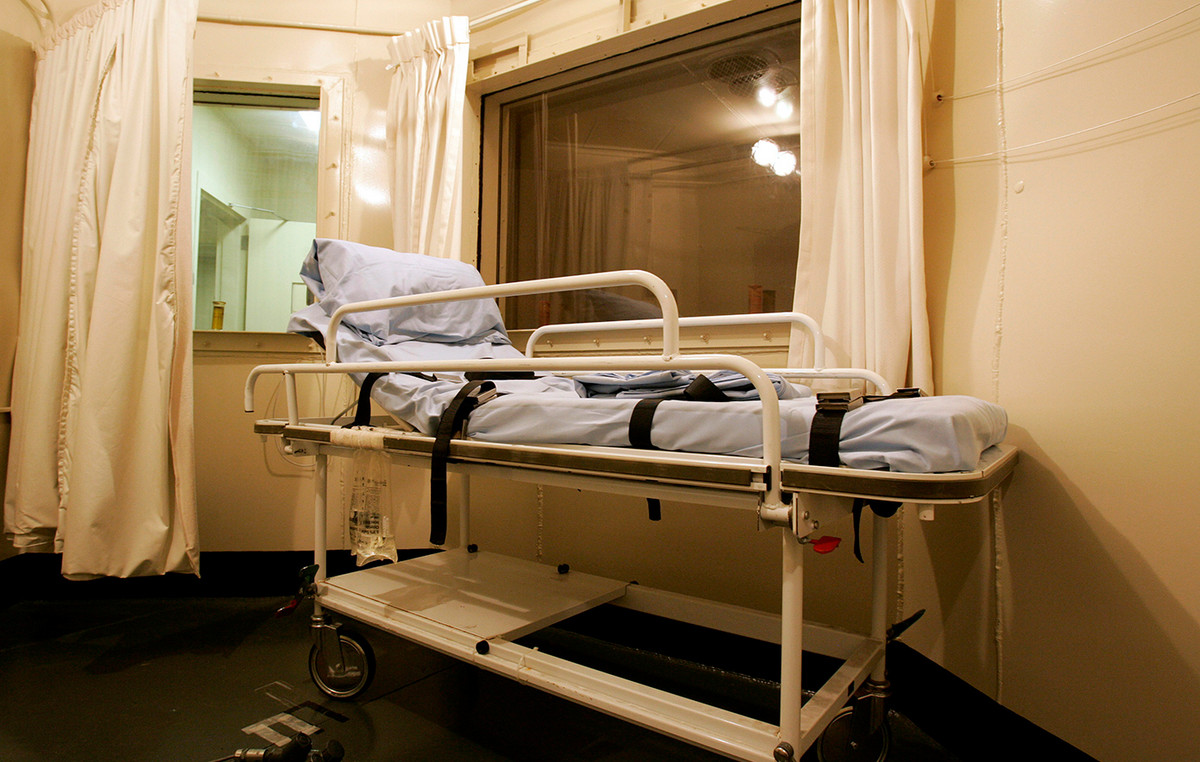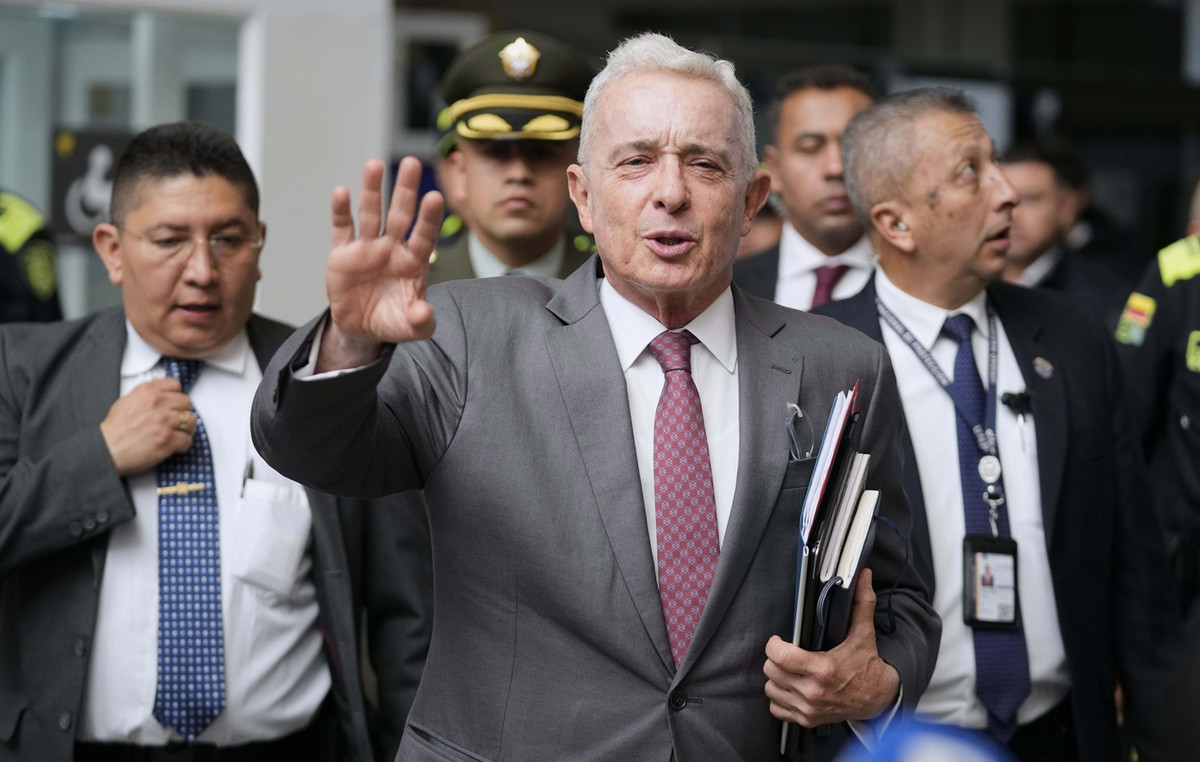Central banks across the Europe raised their interest rates on Thursday (16), some at prices that shocked markets, and suggested even higher borrowing costs to control the rising inflation that is eroding savings and squeezing corporate profits.
Fueled initially by rising oil prices after the invasion of ukraine by Russia, the inflation expanded to everything from food to services, with double-digit readings in parts of the continent.
Such levels have not been seen in some places since the aftermath of the crisis. Petroleum of the 1970s.
The Swiss National Bank (SNB) and the National Bank of Hungary caught the markets off guard with big upswings, just hours after its American counterpart, the Federal Reserve raise rates by 0.75 percentage point, the biggest increase since 1994.
Meanwhile, the bank of england raised borrowing costs by 0.25 pp, as expected by the markets.
The measures come just one day after the European Central Bank (ECB ) have agreed plans at an emergency meeting to contain borrowing costs in the bloc’s south so it can move forward with rate hikes in July and September.
“We are in a new era for central banks where reducing inflation is their only objective, even at the expense of financial stability and growth,” said George Lagarias, chief economist at Mazars Wealth Management.
The biggest movements of the day occurred in the Switzerland where the SNB raised its benchmark interest rate from -0.75% to -0.25%, a step so big that not a single economist polled by Reuters had predicted.
The SNB’s first rally since 2007 is unlikely to be the last, however, and the bank could exit negative territory this year, some economists said.
“The new inflation forecast shows that further base rate hikes may be needed in the near future,” SNB President Thomas Jordan told a news conference.
The Swiss franc jumped nearly 1.8% against the euro on the move, and is on course for its biggest daily high since January 2015, when the SNB unlinked the franc from its peg to the euro.
tightrope
In London, the Bank of England (BoE) was more cautious, raising interest rates to 1.25%, but said it was ready to act “with force” to end the dangers of an inflation rate above 11%.
It was the fifth time the BoE had raised borrowing costs since December, and the British benchmark rate is now at its highest level since January 2009.
Three of the nine rate makers, however, voted for a larger increase of 0.5 pp, suggesting the bank will be under pressure to keep raising rates even as economic growth slows sharply.
“Central bankers are walking a tightrope, worrying that raising rates too quickly could push economies into recession,” said Maike Currie, chief investment officer for personal investments at Fidelity International.
“The tightening of monetary policy is a very blunt tool to manage a very precarious situation.”
Despite the rise, the pound sterling fell sharply as some in the market bet on a larger move due to the Fed’s rally. A weaker currency, however, means higher imported inflation and more pressure to raise rates.
THE lb closed quoted at US$ 1.2085, down 0.75% on the day.
Meanwhile, in Budapest, the Hungarian central bank unexpectedly raised its one-week deposit rate by 0.5pp to 7.25% in a weekly auction, also to tame stubbornly rising inflation and now in double digits.
Barnabas Virag, the bank’s deputy governor, said the increase is far from the last, and the authority will continue its rate-raising cycle with “predictable and decisive” steps until it sees signs that inflation is peaking. probably in the fall.
The rise also comes as the country’s currency has lost about 7% of its value this year, further fueling inflation through higher import prices.
Source: CNN Brasil
I’m Susan Karen, a professional writer and editor at World Stock Market. I specialize in Entertainment news, writing stories that keep readers informed on all the latest developments in the industry. With over five years of experience in creating engaging content and copywriting for various media outlets, I have grown to become an invaluable asset to any team.







